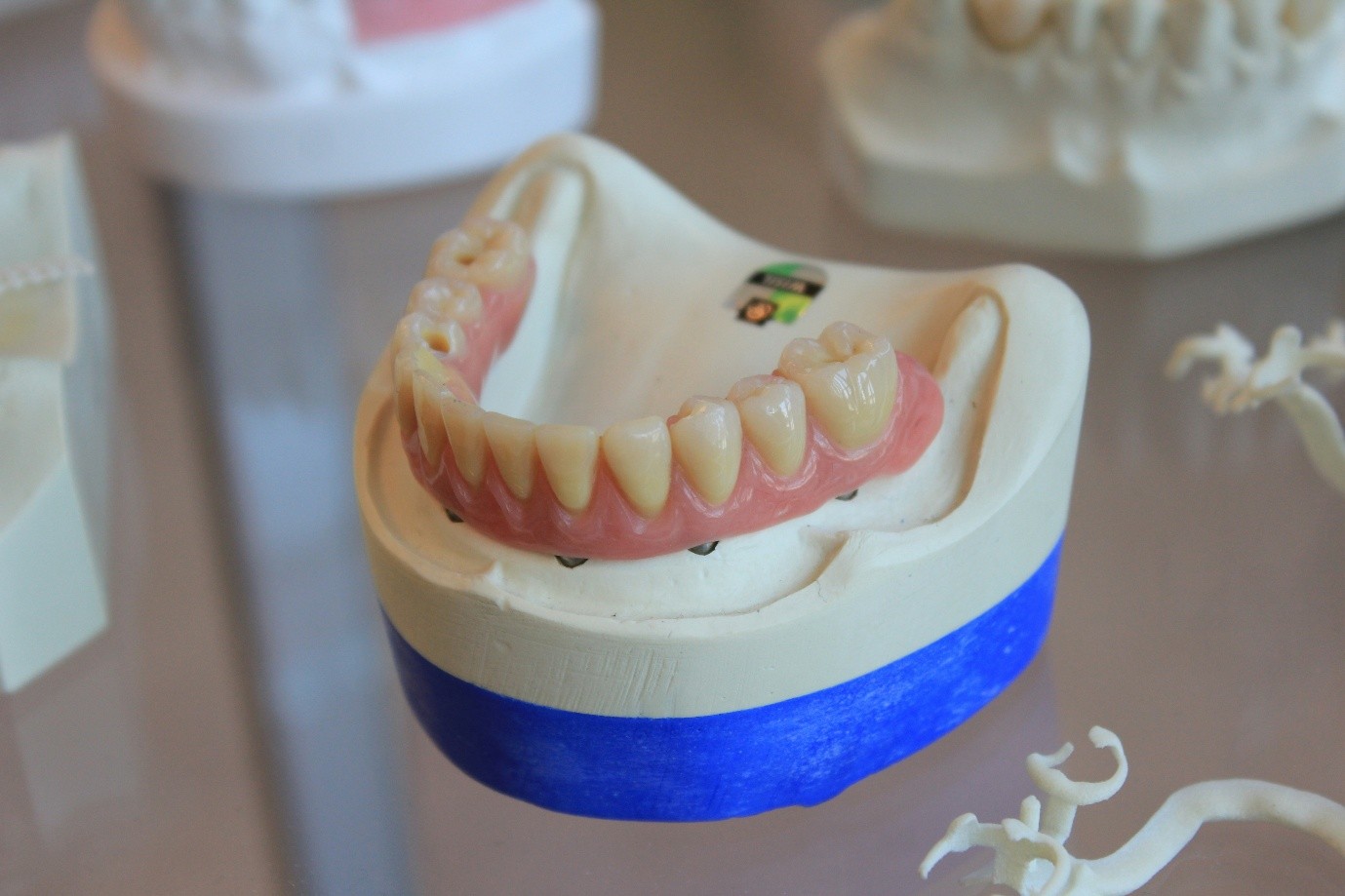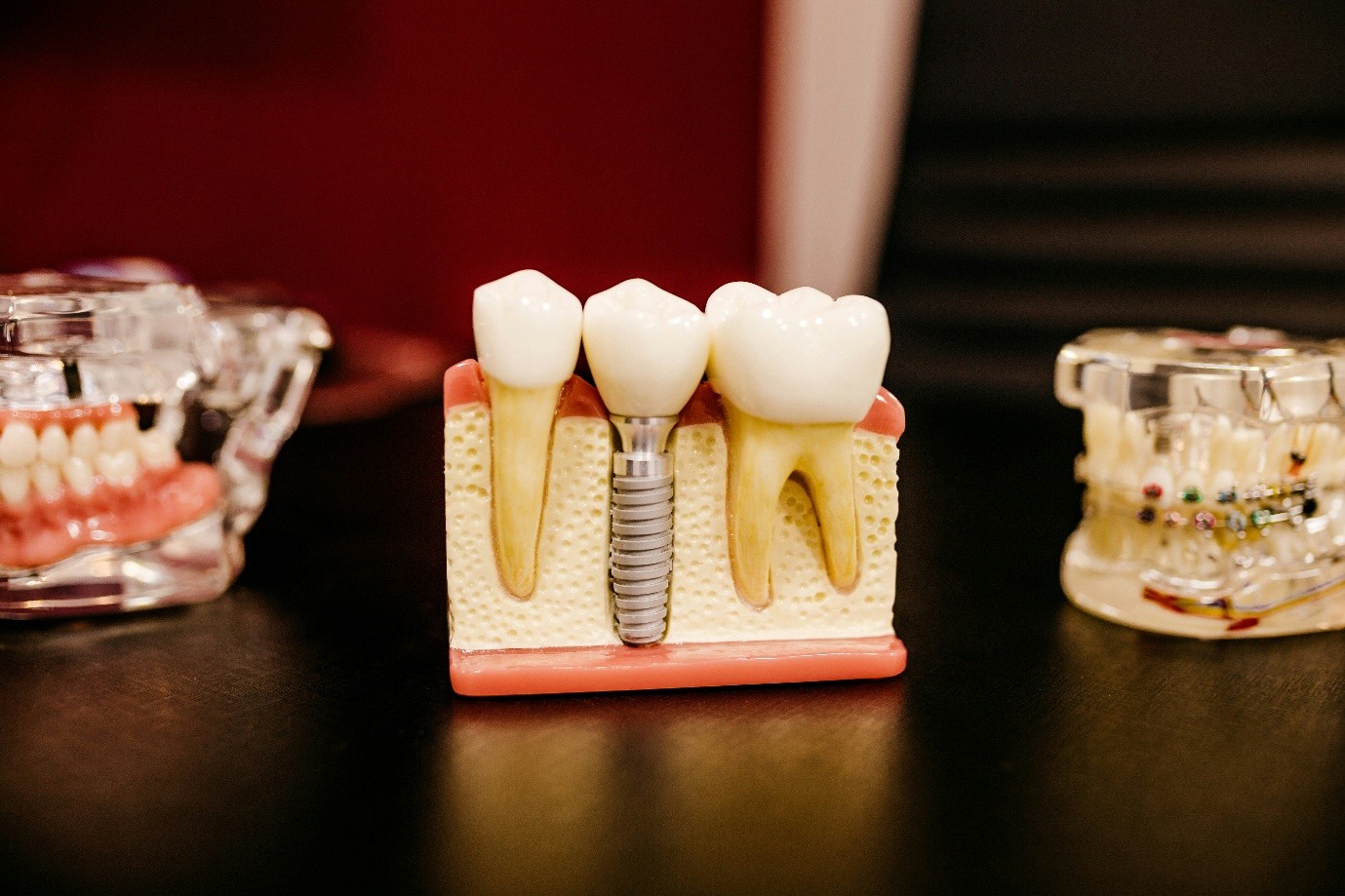Tooth Crowns for Cosmetic Dentistry: Achieving a Flawless Smile
A beautiful smile is often seen as the ultimate symbol of confidence and charm. Yet, not everyone is born with perfectly shaped, aligned, or blemish-free teeth. Sometimes life, accidents, genetics, or simple wear and tear can leave your smile looking less than ideal. The good news? Modern dentistry offers a powerful solution to restore your teeth's function and beauty: Tooth Crowns.
Tooth crowns have long been known for their restorative qualities, but in today’s world of cosmetic dentistry, crowns are not just about protecting damaged teeth — they’re also a gateway to a flawless, radiant, and picture-perfect smile.
In this blog, let’s dive deep into how dental crowns can transform your smile, enhance your confidence, and why they have become a top choice for those seeking aesthetic dental improvements.


What Are Tooth Crowns?
A dental crown is essentially a custom-made “cap” that covers your tooth entirely, from the gum line up. It's crafted to mimic the natural shape, size, and color of your original tooth — only better. Once placed, the crown restores the tooth’s appearance and function, while protecting it from further damage.
Initially, crowns were purely a restorative treatment — intended to strengthen weakened teeth. But with advances in dental materials and aesthetic techniques, they’ve evolved into a powerful tool in the world of cosmetic dentistry, helping people achieve radiant, flawless smiles.
Why Are Crowns a Go-To Solution for Smile Makeovers?
When you think about smile makeovers, you probably picture teeth whitening or orthodontics. But tooth crowns can actually address a wide variety of aesthetic concerns in one go. That’s why dentists often call them one of the most versatile and reliable cosmetic treatments available today.
Here are just a few of the cosmetic issues crowns can fix:
- Chipped or cracked teeth
- Heavily discolored or stained teeth (especially when whitening treatments aren’t enough)
- Misshapen or uneven teeth
- Worn-down teeth due to grinding or age
- Gaps between teeth
- Teeth weakened after root canal treatment
Crowns not only repair these issues but do so in a way that looks 100% natural. Once fitted, the crown blends seamlessly into your smile, leaving no trace of dental work behind.
How Tooth Crowns Transform Your Smile
One of the biggest advantages of tooth crowns is that they do much more than restore function — they completely transform your appearance.
Imagine having a front tooth that’s discolored or misshapen. No matter how much you whiten your teeth or avoid staining foods, it remains an eyesore. A crown acts like a beautifully crafted shell, masking imperfections and making the tooth appear bright, smooth, and perfectly shaped.
And the best part? You don’t need to replace the entire tooth. The root remains, and the crown simply covers the visible part. This allows you to keep your natural dental structure while enjoying an aesthetically flawless smile.
The Art and Science Behind Dental Crowns
Modern dental crowns are designed with both precision and artistry. Dentists take great care to ensure the crown not only fits perfectly over your tooth but also matches the shade, shape, and light reflection of your neighboring teeth.
Advanced materials like porcelain, zirconia, and lithium disilicate allow crowns to mimic the slight translucency of natural enamel, meaning your crown won’t look bulky, artificial, or out of place. Instead, it becomes a natural extension of your smile.
Whether you’re aiming to repair a single tooth or planning a full smile makeover, crowns can be crafted to meet the unique needs of your smile.
Types of Cosmetic Issues Crowns Can Fix
Let’s break down how crowns specifically help in cosmetic dentistry:
Covering Deep Stains
Some stains go beyond the surface — they’re rooted in the internal structure of the tooth, often caused by trauma, aging, medications, or root canal treatment. Whitening treatments can’t fix these cases, but crowns can. They act like a brand-new surface for the tooth, hiding any deep discoloration and restoring a uniform, bright look.
Repairing Chips and Cracks
Whether caused by an accidental fall, a sports injury, or years of grinding, chipped and cracked teeth are more than just a cosmetic issue — they can also weaken your bite. Crowns address both concerns, offering a smooth, unblemished look while reinforcing the tooth’s strength.
Reshaping Uneven Teeth
If you’ve always felt self-conscious about a tooth that looks too small, too sharp, or oddly shaped, a crown can be designed to reshape and rebalance it, so it matches the rest of your smile.
Closing Gaps
In some cases, crowns can even eliminate minor gaps between teeth without braces or aligners. Your dentist can slightly adjust the size of the crown to ensure your smile looks naturally close and aligned.
What is the Crown Procedure Like?
If the idea of restoring your smile with crowns intrigues you, you’re probably wondering what the process involves. The good news is — it’s a straightforward, patient-friendly procedure.
The treatment typically follows these steps:
Consultation and Smile Planning
Your dentist will assess the overall health of your teeth, discuss your aesthetic goals, and create a tailored plan. This could involve one crown or a full smile makeover using multiple crowns.
Tooth Preparation
To accommodate the crown, the dentist carefully reshapes the target tooth, removing a thin layer of enamel. This step ensures the crown won’t feel bulky and will sit flush with your natural teeth.
Impressions and Temporary Crown
Once the tooth is prepped, your dentist will take impressions, which are sent to a dental lab. You’ll typically receive a temporary crown to protect your tooth while the final one is crafted.
Custom Crown Placement
When your crown is ready, the dentist places it over the prepared tooth, checks the fit and bite, and makes minor adjustments for comfort and precision before cementing it permanently.
How Long Do Crowns Last?
One of the most impressive features of modern crowns is their longevity. With proper care, crowns can last anywhere from 10 to 20 years — sometimes even longer.
Maintenance is simple:
- Brush and floss as you would with natural teeth.
- Avoid biting hard objects like ice or pens.
- Schedule regular dental checkups to ensure the crown stays secure and the gum line remains healthy.
The Emotional Impact of a Perfect Smile
Beyond physical transformation, a crown can provide a tremendous boost to your self-confidence. Smiling without feeling the need to cover your mouth, posing for photos without hesitation, and laughing freely in social settings can significantly elevate your quality of life.
A single crown can correct one tooth, but when used strategically across your smile, the result is often described as life-changing. Whether you’re preparing for an important event, starting a new chapter in life, or simply want to invest in yourself — tooth crowns make a lasting difference.
Conclusion: A Smile Worth Showing Off
In the world of cosmetic dentistry, few treatments offer the same combination of strength, beauty, and versatility as tooth crowns. They don’t just cover imperfections — they elevate your entire smile to its fullest potential.
So, whether you’re dealing with worn, damaged, or discolored teeth, or simply want to achieve a more symmetrical and radiant smile, tooth crowns could be the perfect solution.
A flawless smile isn’t just about vanity. It’s about confidence, health, and the ability to show the world the best version of yourself. Thanks to modern cosmetic dentistry, achieving that smile has never been more accessible — or more beautiful.

